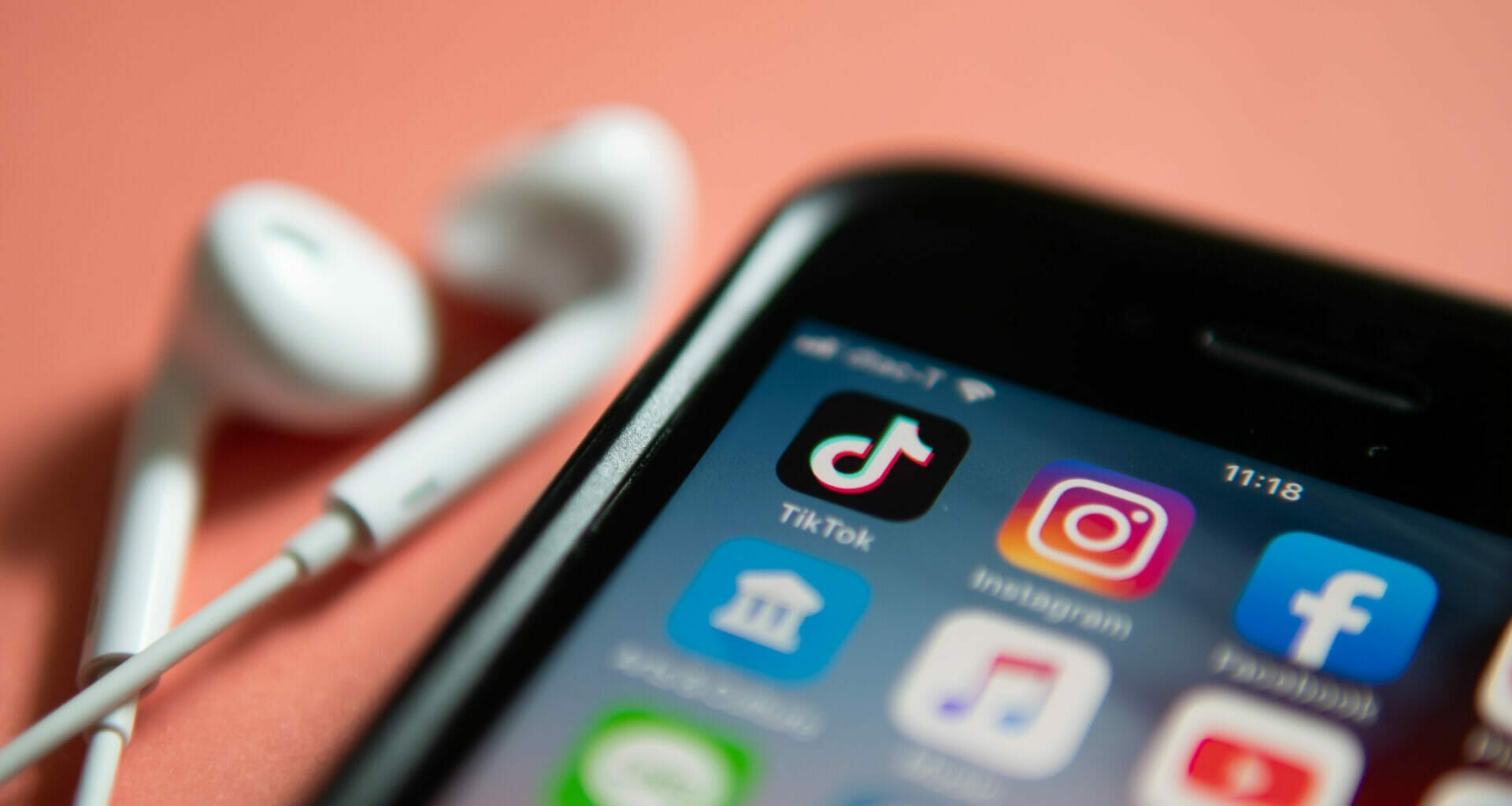Social media app TikTok has more than one billion users and has made global celebrities of its biggest creators, but its Chinese ownership is controversial.
It emerged last week the UK Government had banned civil servants and ministers from downloading the app on work phones. It was also reported that similar action has been taken in the Scottish Parliament and by the Scottish Government.
TikTok’s CEO meet with US politicians this week, as a move to ban the app outright in the country gains momentum.
Ferret Fact Service looked at why the app is causing so much controversy.

How does TikTok work?
TikTok is a short form video sharing platform where users can create and share self-generated videos up to ten minutes long. It has a range of video editing tools which allow users to produce creative content.
It has a significant influence on global trends and has been credited with launching the careers of musicians, artists and actors.
Who owns the app?
TikTok is owned by a Chinese company called ByteDance, which launched the product in 2017. It is registered in the Cayman Islands, which is known as a tax haven.
ByteDance was founded in 2012 and launched the Chinese version of TikTok called Douyin in 2016.
A sister company of ByteDance, set up to run Douyin, has Chinese Communist Party (CCP) representation on its board.
Who has banned it?
In recent years, the app has been banned or restricted by various governments.
The European Council and European Commission banned the app on its employees phones, while the US stopped its use on the official phones of federal employees.
Numerous countries have followed the lead of the EU and US by banning the app’s use on official government electronic equipment including Canada, New Zealand, Norway, Belgium, the Netherlands and recently the UK and Scotland.
A movement among US politicians to ban the app completely is also gathering pace, and TikTok’s CEO Shou Zi Chew testified to the US House Committee on Energy and Commerce on Thursday. It’s also possible the company will be forced to sell its stake in the US version of the app.
Is users’ data at risk?
It is hard to know what level of risk individual users have from the harvesting of data on the app. A number of social apps have faced criticism for their wide use of user data and security concerns, including Facebook, Instagram, Youtube and Twitter.
What concerns do governments have?
The app has been involved in various controversies since it gained in popularity, including over the spreading of misinformation on TikTok and censorship of anti-Chinese government views. The focus of concern for many governments is security in the app, the collection of personal data, and its algorithm.
There have been concerns raised about whether the Chinese government could assert influence over what users are shown on the app. The algorithm that decides what videos users see is not publicly available.
Politicians and officials have claimed there is a risk that data collected could be passed on to the Chinese government and aid its spying operations. This led to the wave of government and parliamentary bans on employees downloading the app.
China and TikTok have always denied that data sharing has occurred and say its data is held outside of China.
However, the company has admitted that European users’ data can be accessed outside of the continent by Chinese employees.
The restrictions on the app’s usage has been linked to the deterioration of the west’s relationship with China and mutual distrust between them.
TikTok has faced multiple investigations over its handling and collection of data, including in the UK, where the information commissioner’s office (ICO) found the company may have breached data protection law by failing to protect children’s privacy while using the app.
The report found that TikTok may have “processed the data of children under the age of 13” without parental permission, which is illegal in the UK. The ICO said the company could face a £27m fine for its actions.
The company was also fined £7m by the Federal Trade Commission for similar offences in the US.
Photo credit: iStock/Wachiwit.














